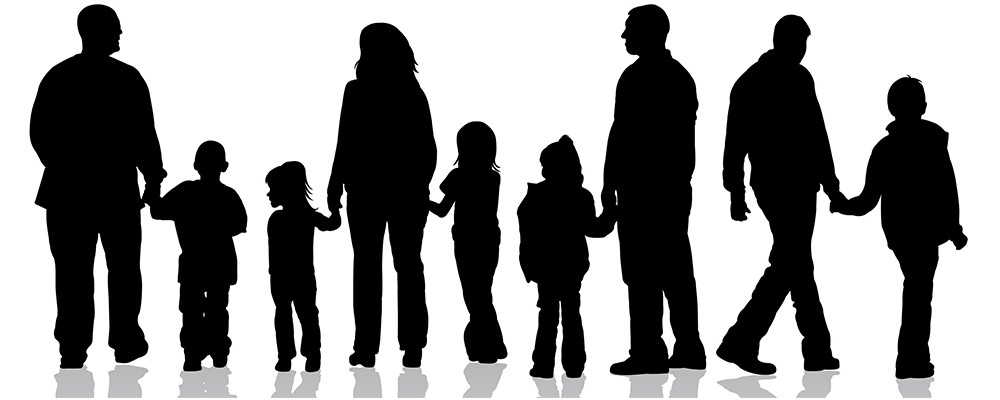Family and Fertility
 ©istockphoto_illustrious
©istockphoto_illustrious
All human capital starts with individual births. Therefore the study of human capital must start with the comprehensive analysis of fertility and the family settings into which babies are born. The Wittgenstein Centre studies global fertility trends and family change, with a particular focus on lower-fertility countries in general and a comparative European perspective in particular. We emphasize the institutional (e.g. family and labour market policies), socio-economic and cultural (e.g. gender role attitudes) determinants of family plans and their realisation. Furthermore, we look at educational differentials in fertility rates across countries and over time as well as in child health and well-being of parents and children. These topics are also considered within a broader context of intergenerational relations.
Research topics
- Low fertility and childlessness
- Education, fertility preferences and fertility
- Family intentions and their realization within the life course
- Reversals in fertility and family behaviours
- Delayed childbearing: individual- and aggregate-level trends, drivers, consequences
- Economic uncertainty, fertility and family
- Couple dynamics, mate selection
- Family and marriage trends, union dissolution, future of families
- Intergenerational continuities: fertility, family size intentions
- Economic and gender inequalities and family vulnerability
- Parents’ employment, time with children, parental well-being and happiness
- Family policies, institutions and their consequences for families and fertility
- Fertility, migration, population replacement
- Trust, social capital, mobility
Key Questions
- What is the socially and individually desirable level and timing of fertility and how do they change over time?
- What are the determinants of the capacity to realise family plans?
- How are desired and actual fertility and their changes over time differentiated by socioeconomic characteristics and especially by level of education?
- Is there a general pattern of “fertility tempo transitions”? How do these transitions in turn affect period and cohort fertility levels?
The Wittgenstein Centre aspires to be a world leader in the advancement of demographic methods and their application to the analysis of human capital and population dynamics. In assessing the effects of these forces on long-term human well-being, we combine scientific excellence in a multidisciplinary context with relevance to a global audience. It is a collaboration among the Austrian Academy of Sciences (ÖAW), the International Institute for Applied Systems Analysis (IIASA) and the University of Vienna.
